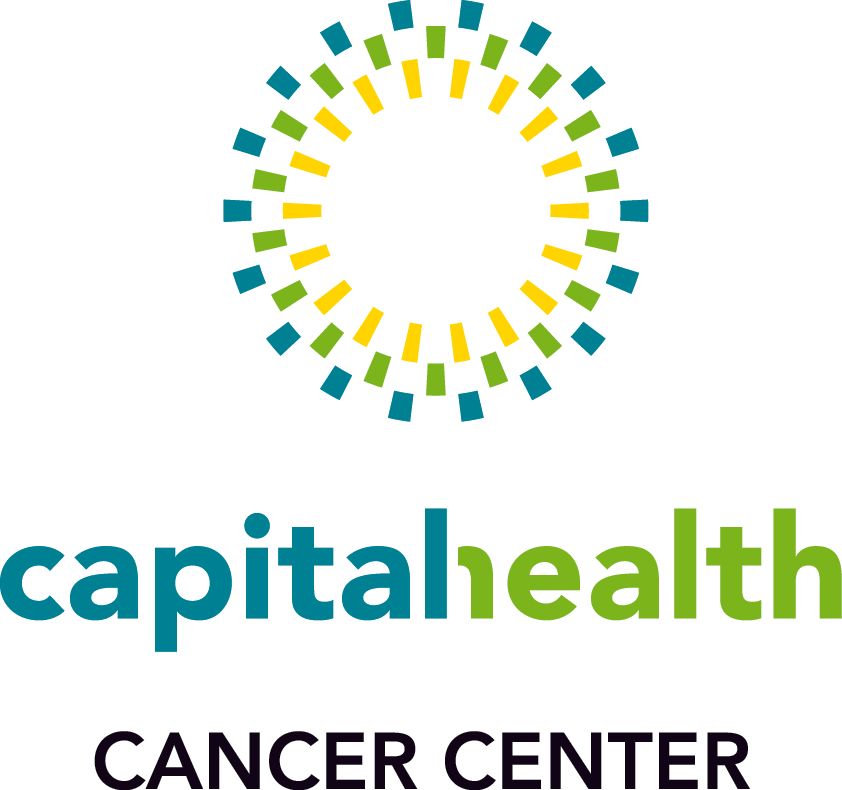
Advancements in Artificial Intelligence in Cancer Care to Be Highlighted at 2022 Capital Health Cancer Center Conference

Cataldo Doria, MD, PhD, MBA, FACS, discusses key presentations and objectives for the 2nd Annual Capital Health Cancer Center Conference.
Multimodal strategies in the treatment of patients with lung cancer and applications for artificial intelligence in cancer care will be at the center of discussions at the 2nd Annual Capital Health Cancer Center Conference on March 25 and 26 in Atlantic City, New Jersey. The conference will aim to spread the cancer center’s work and mission to practicing physicians and patients, according to Cataldo Doria, MD, PhD, MBA, FACS.
“Our objective is to continue to serve our patients with a better balance of technology and infrastructure. To do so, there are two major components,” Doria said. “One is the investment done by the organization, and two is our ability to send this message outside of the walls of our organization. More people will know of our work and our outcomes, and more patients will benefit from it.
In an interview with OncLive®, Doria, director of the Capital Health Cancer Center, and director of the Capital Health Center of Excellence in Robotic Surgery, discussed key presentations and objectives for the conference.
OncLive®: What are the goals of the second annual Capital Health Cancer Center Conference?
Doria: The objective is to update colleagues and the public on the latest discoveries in cancer care for patients diagnosed with lung cancer. The second component of the conference will be focusing on the latest findings and the application of artificial intelligence to medicine, particularly cancer care.
What are some of the key topics that will be discussed at the conference?
There will be 2 major topics. One will be lung cancer, [and] this particular disease will be reviewed by specialists of different disciplines that treat [patients with] lung cancer in different ways, in what we generally describe [as a] multimodal approach to lung cancer. The second component will be geared on defining the latest updates in the application of artificial intelligence (AI) in cancer care.
The keynote speaker, Benny Weksler, MD, MBA, FACS, FACCP, of Allegheny Health Network Cancer Institute, will address disparities in cancer care. Why is this such a vital topic to be speaking on right now?
The Capital Health Cancer Center are attentive to this topic. We are spending energy and resources in understanding disparity in cancer care. We have published [data] on the topic, and we are in the process of conducting other scientific experiments on making sure that this is a topic that is well addressed by our cancer center.
Since the COVID-19 pandemic has started, disparities in care have only become more pronounced. Can you elaborate on these existing disparities and some of the work that you are doing at Capital Health to address these?
In terms of work that has been done, we looked at how patients belonging to different socioeconomic statuses were receiving care when diagnosed with the pancreatic cancer. Everybody in [the pancreatic cancer] space knows that surgery is the single-most effective treatment for pancreatic cancer. However, we also found that in patients belonging to low socioeconomic statuses, patients who therefore have no insurance, were on charity care, or were on insurance products that were not comprehensive, that when they presented to major academic medical centers, they were denied the single-most effective treatment for pancreatic cancer, which is surgery.
At the other end [of the spectrum], that sequence of events [has] never really taken place in a cancer center, such as the one that we represent at the Capital Health Cancer Center. In part [due to] the talent, with decades of experience in major academic medical centers, we routinely offer the complicated surgery for this cancer to anyone, not just patients with commercial insurance, but to patients without insurance, on charity care, or with problems that are not particularly comprehensive.
Our conclusion is that the old paradigm that has been preached on for many years, is that patients diagnosed [with pancreatic] cancer should be taken care of at a major academic medical center. However, our research and science show that that old paradigm is fueling the disparity in health care, because those patients are deprived from the single-most effective treatment for pancreatic cancer.
What Capital Health has done is imported talented [doctors] with decades of experience in these major academic medical centers. We have better talents, better infrastructures, and better equipment. We have demonstrated that we are reversing the old paradigm with all the patients that we have treated in this major center. To abate that disparity, Capital Health has made an amazing investment and is now capable of offering that specialized treatment for everyone.
While I have made the example of pancreatic cancer, you can apply the same example to any cancer, and that is what we are doing here at Capital Health.
As previously mentioned, there will be discussions on artificial intelligence in the treatment of cancer care. What are the opportunities or challenges that are presented in this space?
We decided to keep [this conference] to several key disciplines that are currently drilling down options [in artificial intelligence. The first consideration] is cancer radiology. AI applied to radiology will allow for a better, faster diagnosis that is precise and offered to everyone.
The second important field where [AI] can be applied is pathology. Diagnosis is most notably done by x-rays and by looking under the microscope at what we find in the tissues. Thinking about how much information can come out of 1 case, and how this information must be put all together and how all the dots need to be connected [before] we make the diagnosis. With the application of AI, this process can be automated and can be much more precise [to] benefit the patients.
[Additionally,] we decided to [present] one clinical example of the application of AI. We are going to have a urologist, [Eric Mayer, MD,] discuss the application of artificial intelligence to prostate cancer. Why prostate cancer? [About] 35 years ago when I trained, we used to remove the prostate, and the diagnosis was very subjective. Now, the algorithm to decide if an individual needs a prostatectomy is widely complex and is based primarily, though not exclusively, on objective data. [When put all together,] these objective data can be quite overwhelming, so the application of AI is an amazing advance in terms of outcomes for this deadly disease for men that are diagnosed with prostate cancer.
You will be delivering an address as the medical director of the conference. What will be your primary message to be when addressing to colleagues?
I will be giving an overview of what we have done together [at Capital Health] in the last 3.5 years, and where we were when we started working together comparted with where we are today. [I will discuss] where I see our future to be, and our future is to be a major player in cancer care in [New Jersey].
What are you excited to see from the work being done by you and your colleagues during the conference?
We built [Capital Health] Cancer Center from the ground up, and we built every block that is part of the cancer center. You have the clinical block, an administrative block, a research [block], and an educational block. These categories will be expanded, and that drilling each one of these categories will show how we have been able to increase the volume of patients treated with a diagnosis of cancer has grown in average of over 100% every year in the past 3.5 years. This has just been the results of a proper rebranding and repositioning of what used to be the oncology services into the cancer center, and proper scaling of everything we put together.
What is the main objective of the Capital Health Cancer Center Conference?
Our objective is to continue to serve our patients with a better balance of technology and infrastructure. To do so, there are two major components. One is the investment done by the organization, and two is our ability to send this message outside of the walls of our organization. More people will know of our work and our outcomes, and more patients will benefit from it.
When [my colleagues and I] started working together [at Capital Health], the common statement was that Capital Health was the best-kept secret in the area. We do not want to be the best-kept secret. We want to make sure that every patient knows what we are doing here so they can achieve the type of outcome that we are providing on a regular basis.



































